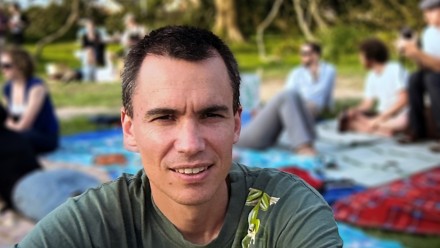Oral health policy: International implications for Australia
The worlds of researchers and of policy makers are completely different. With apologies to John Gray, it could be said that “researchers are from Venus and policymakers are from Mars.” It summarises in one sentence what has been called the two communities theory which posits that the producers and users of knowledge live in separate worlds with different and often conflicting values, different reward systems, and different languages. Researchers all too often produce high quality research which is simply not used by policy makers. Policy making has traditionally been conducted by professional organisations, the private sector and government. One way APHCRI has gone about breaking down these different world views is by establishing Centres of Research Excellence, one of which is the Centre of Research Excellence in Primary Oral Health Care.
Analysis of how policy is formed is a very small research area within oral health. Only a small set of papers have analysed the problem of evidence translation and largely focus on evidence-practice translation: Improving the translation of evidence from clinical trials, clinical guidelines and for specific challenges, such as women’s oral health.
Until this research, no studies existed on whether oral health evidence influenced policy. Between 2000 and 2012, at least 127,193 unique papers with abstracts were published in oral health, but it had not been systematically analysed for its content relevance to oral health policy priorities. A Health Policy research indicates that the relevance of research content to policy may be more important than research methodology in policy take-up of research than using the quality hierarchy dominated by the ‘blue chip’ standard of randomised controlled trials.
This study described the conceptual content of the entire corpus of oral health research abstracts 2000-2012 and compared it to the content of national oral health policy documents so as to build understandings of the nature of the evidence-policy divide so that research can better serve policy efforts to address oral health inequity.
Aims
The aim of the study was to answer the following research questions,
- How well matched is the content of research to national oral health policy?
- What are the implications of this for developing oral health research that is more policy relevant, particularly for the challenge of addressing unequal oral health outcomes?
Partnerships
- Leonard Crocombe
- Erica Bell
- Steven Campbell
- Lynette Goldberg
- Bastian Seidel











